The low voltage drive system from MAHLE Holding (India) consists of an IPM motor and a controller aimed at small electric vehicles.
Story by: Deven Lad
MAHLE Ho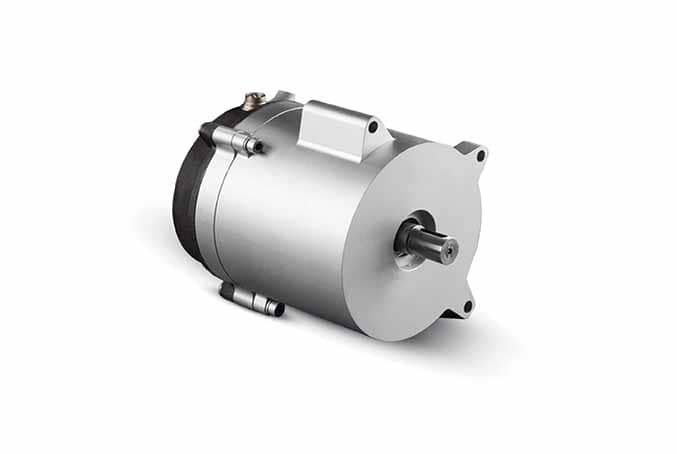 ldings (India) Pvt. Ltd. first showcased its low voltage drive system at Auto Expo 2020. Consisting of a low voltage Interior Permanent Magnet (IPM) motor with a controller, the drive system is specially designed keeping in consideration the requirement of small Electric Vehicles (EV) ecosystem. Especially the electric two and three-wheelers segment. Claimed to be high on localisation, the drive system will be produced at the MAHLE Electric Drives India (MEDI) Coimbatore plant according to Raj Kalra, President at MAHLE. Averred Kalra, “The IPM motors we produce are eco-friendly products for two and three-wheelers. It comes with a high level of efficiency and is low on Electromagnetic Compatibility (EMC) emissions besides being resistant to the Indian road and climatic conditions.” The company developed, produced and commercially launched the low voltage IPM motor with a controller in the first week of June 2020.
ldings (India) Pvt. Ltd. first showcased its low voltage drive system at Auto Expo 2020. Consisting of a low voltage Interior Permanent Magnet (IPM) motor with a controller, the drive system is specially designed keeping in consideration the requirement of small Electric Vehicles (EV) ecosystem. Especially the electric two and three-wheelers segment. Claimed to be high on localisation, the drive system will be produced at the MAHLE Electric Drives India (MEDI) Coimbatore plant according to Raj Kalra, President at MAHLE. Averred Kalra, “The IPM motors we produce are eco-friendly products for two and three-wheelers. It comes with a high level of efficiency and is low on Electromagnetic Compatibility (EMC) emissions besides being resistant to the Indian road and climatic conditions.” The company developed, produced and commercially launched the low voltage IPM motor with a controller in the first week of June 2020.
The low voltage drive system
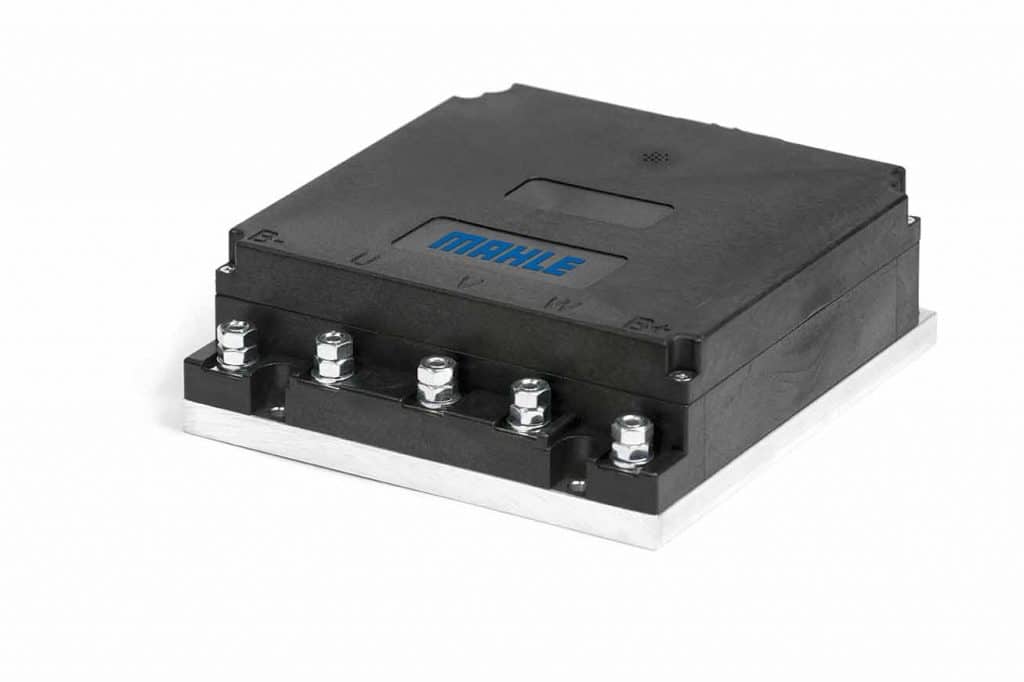 With a 92 per cent efficiency level, the system is claimed to be highly reliable. Attributed to an innovative motor controller design that delivers a high power density of more than 10 kW/l. Explained Kalra that it plays a key role in enhancing drive performances during recuperation, acceleration, braking and hill hold. It enhances life besides offering low levels of Noise, Vibration and Harshness (NVH). State-of-the-art MOSFET devices are said to have been used in the controller power stage. They are known to provide greater efficiency while operating at low power voltages. MOSFET due to the absence of gate currents are known to result in high input impedance thereby resulting in high switching speed for instance when compared to Junction Gate Field Effect Transistors (JFET). In case of EMC, built to comply with the UN ECE R10-05 standards, the latter is claimed to be low on emissions. A high EMC immunity as a result of devices exposed to the electromagnetic phenomena is crucial to such specialised goods. Among the software, advantages are improved Field-Oriented Control (FOC) claimed to result in smooth and accurate torque control on any ground and load condition voltage. The boost mode, for instance, in the drive is claimed to improve both the vehicle acceleration and the top speed. The hybrid control offers additional assistance for speed control.
With a 92 per cent efficiency level, the system is claimed to be highly reliable. Attributed to an innovative motor controller design that delivers a high power density of more than 10 kW/l. Explained Kalra that it plays a key role in enhancing drive performances during recuperation, acceleration, braking and hill hold. It enhances life besides offering low levels of Noise, Vibration and Harshness (NVH). State-of-the-art MOSFET devices are said to have been used in the controller power stage. They are known to provide greater efficiency while operating at low power voltages. MOSFET due to the absence of gate currents are known to result in high input impedance thereby resulting in high switching speed for instance when compared to Junction Gate Field Effect Transistors (JFET). In case of EMC, built to comply with the UN ECE R10-05 standards, the latter is claimed to be low on emissions. A high EMC immunity as a result of devices exposed to the electromagnetic phenomena is crucial to such specialised goods. Among the software, advantages are improved Field-Oriented Control (FOC) claimed to result in smooth and accurate torque control on any ground and load condition voltage. The boost mode, for instance, in the drive is claimed to improve both the vehicle acceleration and the top speed. The hybrid control offers additional assistance for speed control.
The low voltage drive system comes with a modular and compact design. It consists of a Permanent Magnet Synchronous Motor (PMSM)electric motor with a nominal voltage of 24 to 80 V and a nominal power of 6kW (peak 10kW). PMSM motors are known for higher efficiency compared to brushless dc motors; no torque ripple when the motor is commutated; higher torque and better performance; more reliable and less noisy compared to asynchronous motors; higher performance in both high and low-speed operations and low rotor inertia aiding in ease of control. The system is known to be made available as an independent and complete system with a separate motor controller. It offers a torque range of 20-40 Nm at up to 9,000 rpm.
Go-to-market strategy
MAHLE’s MEDI has resumed work of manufacturing high capacity motors and controllers for electric two and three-wheelers in the month of May according to Jupiter Kalra, Head of Sales Planning Asia, MAHLE. Averred Kalra, “We have a pending order pipeline so we started production. Post the easing of the pandemic and its associated restrictions we are hopeful of many potential clients turning to us.” MAHLE’s go-to-market strategy has plans in place for offering 48V PMSM motors and controllers in the range from 4 to 18kW from the Coimbatore plant too. The company is also looking to expand the range further in a bid to cater to the high voltage high capacity motors aimed at hybrids. MAHLE manufactures motors designed for nominal system voltage from 24 to 800 V and with a mechanical power output from one to 250kW with flexibility in design to comply with specific customer
needs. ACI


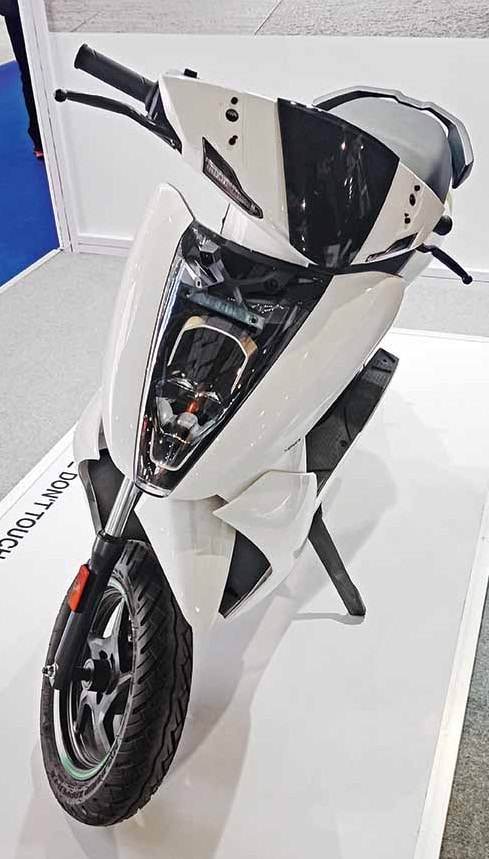


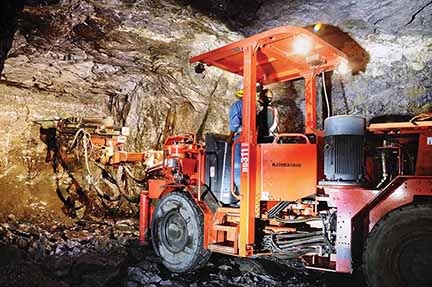

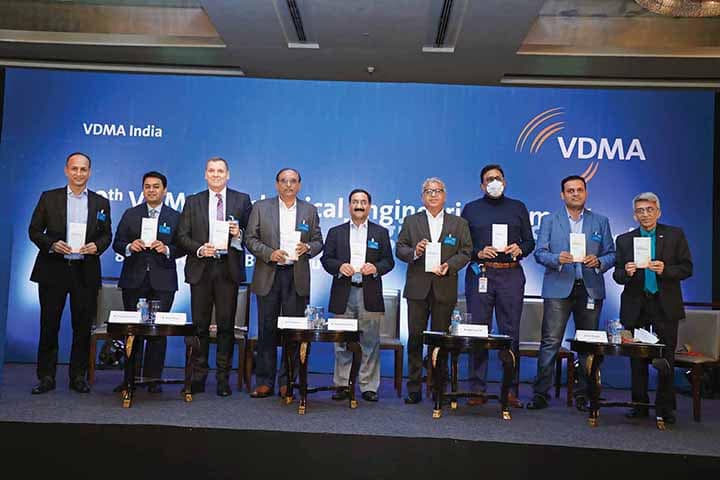
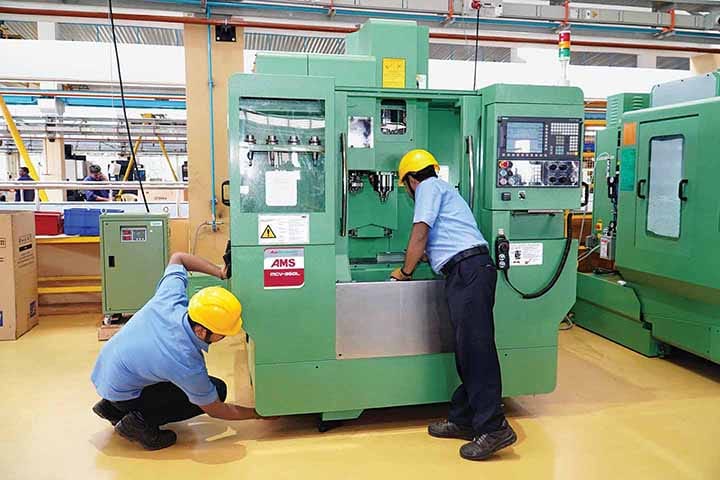

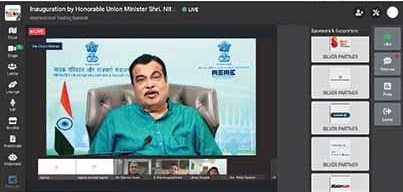

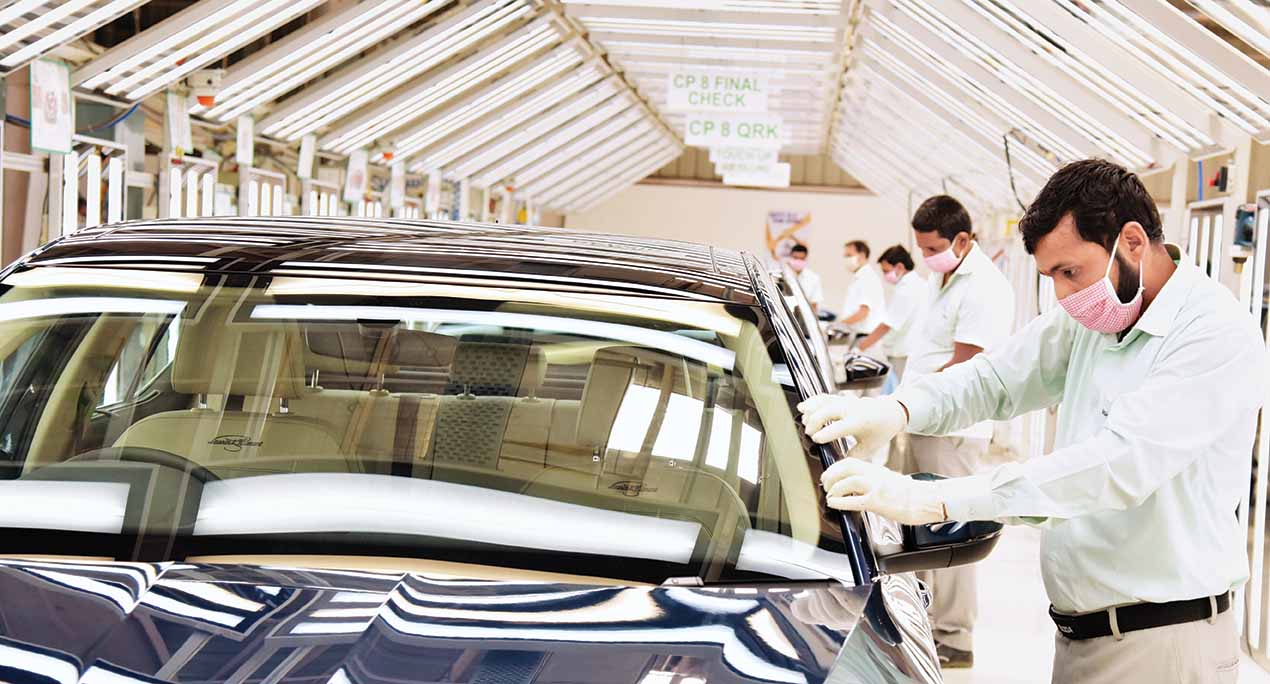
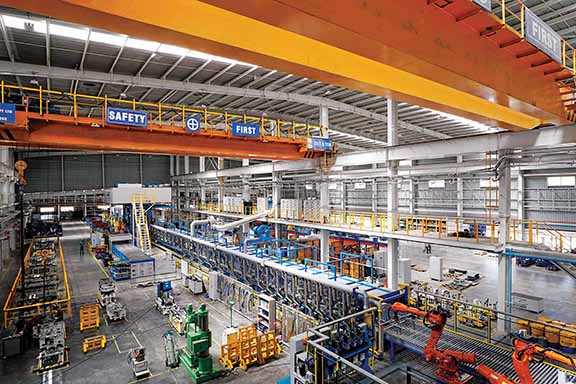
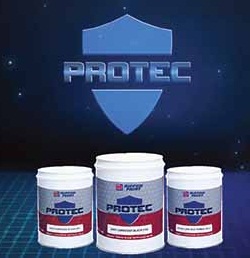

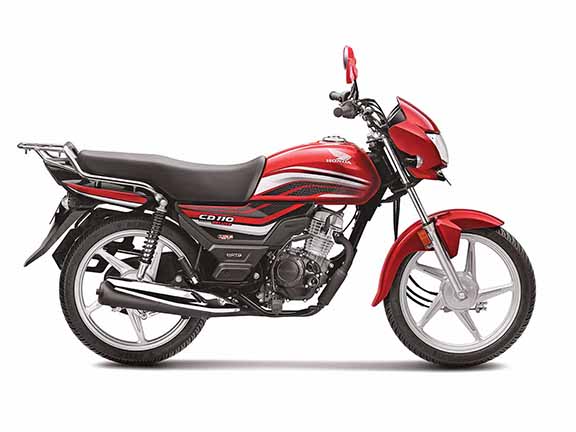




Leave a Reply